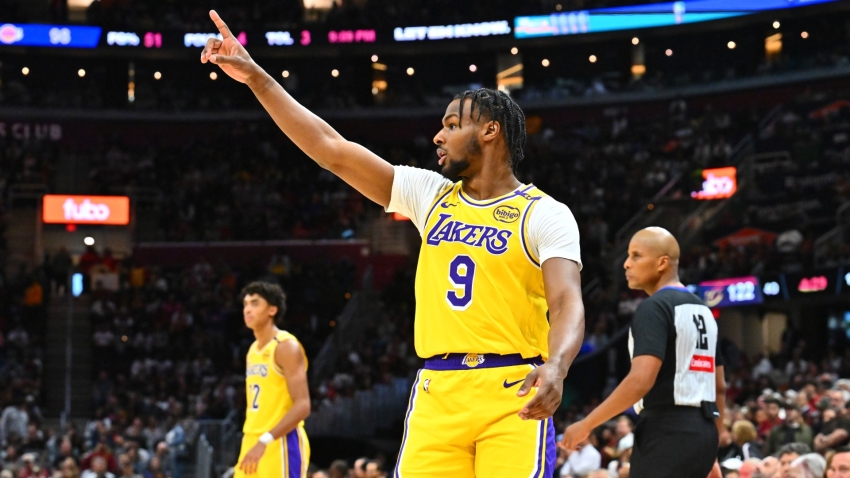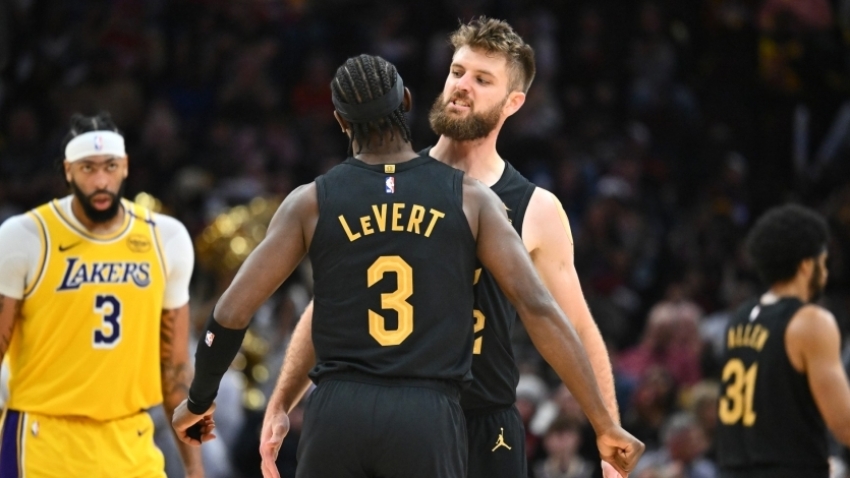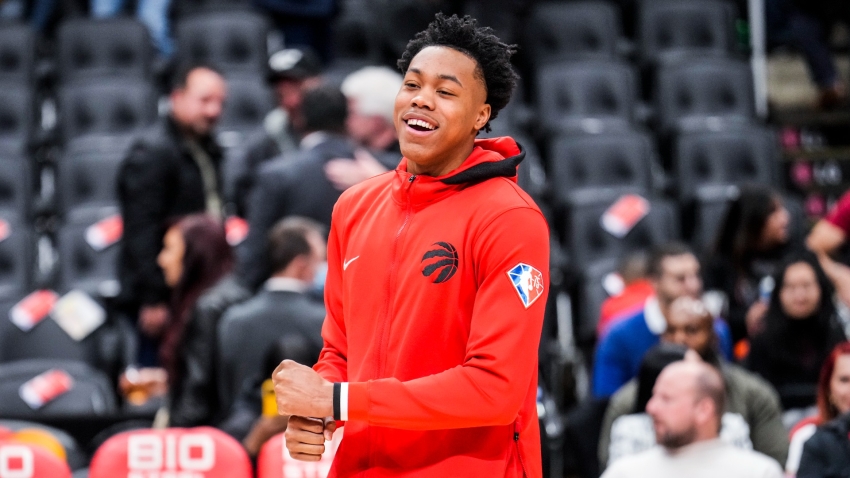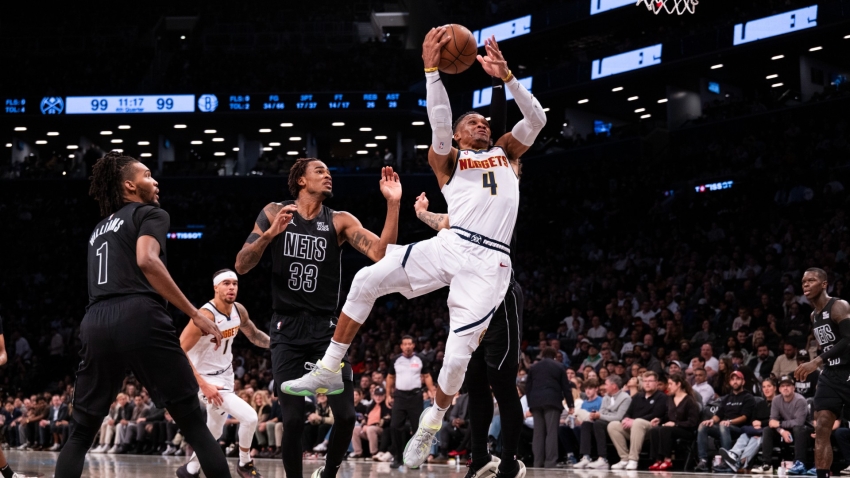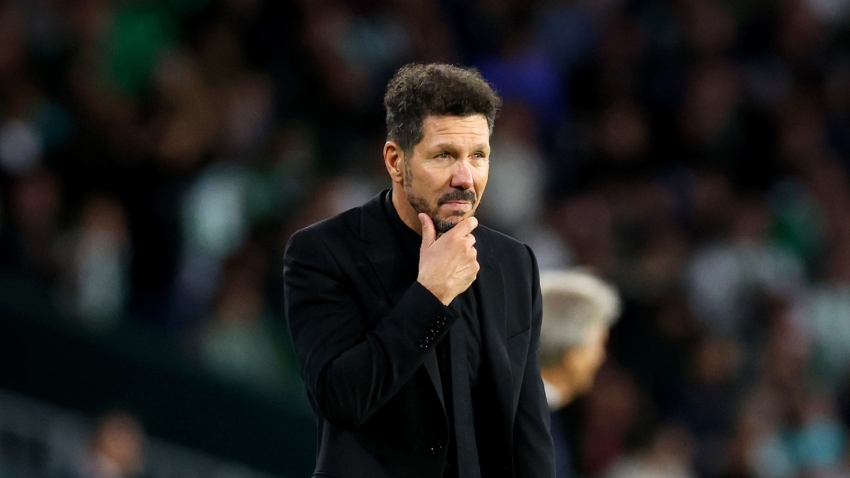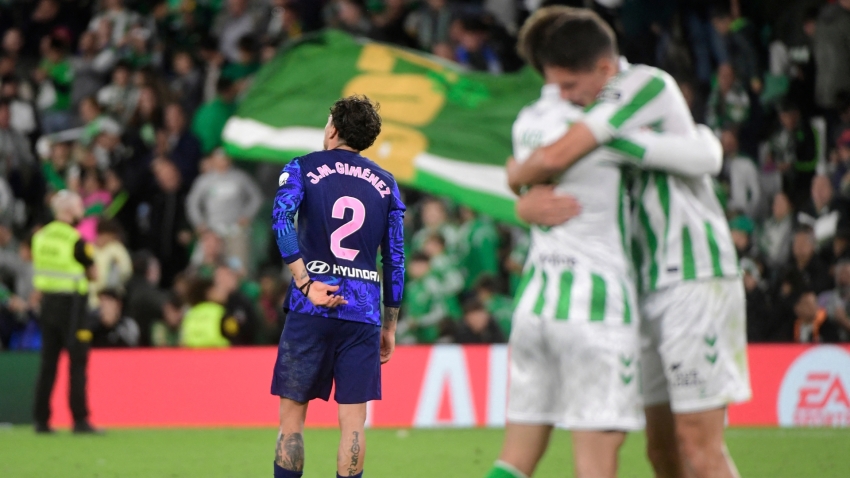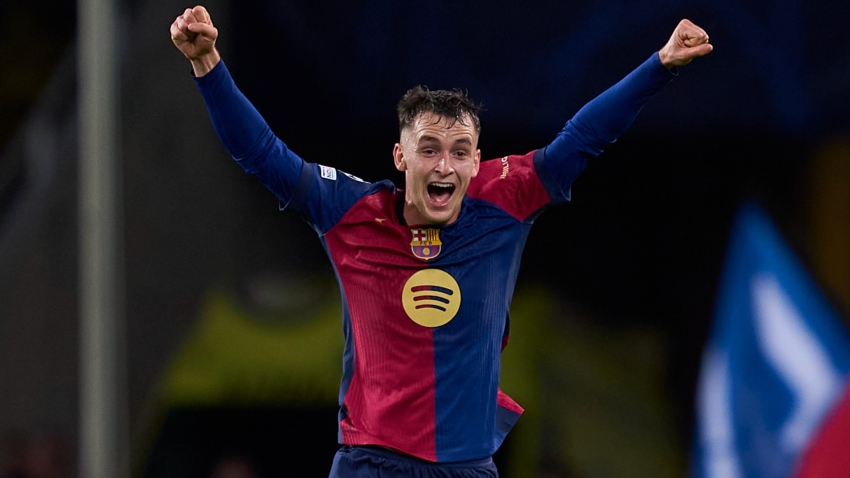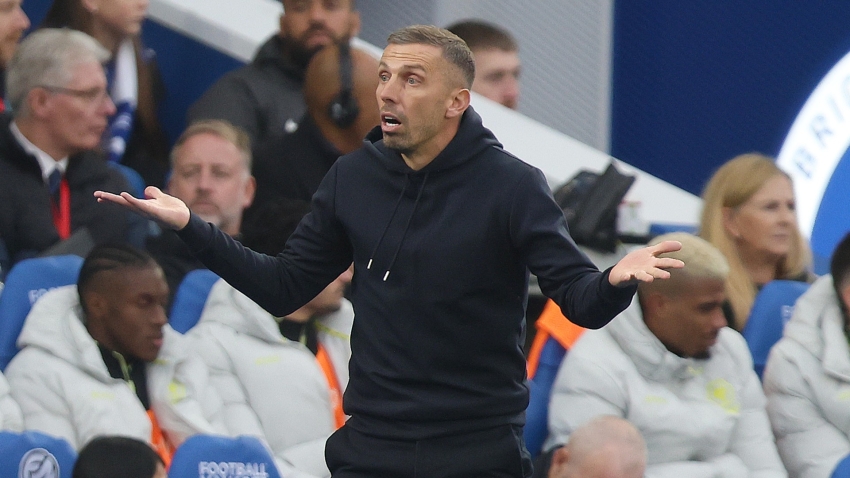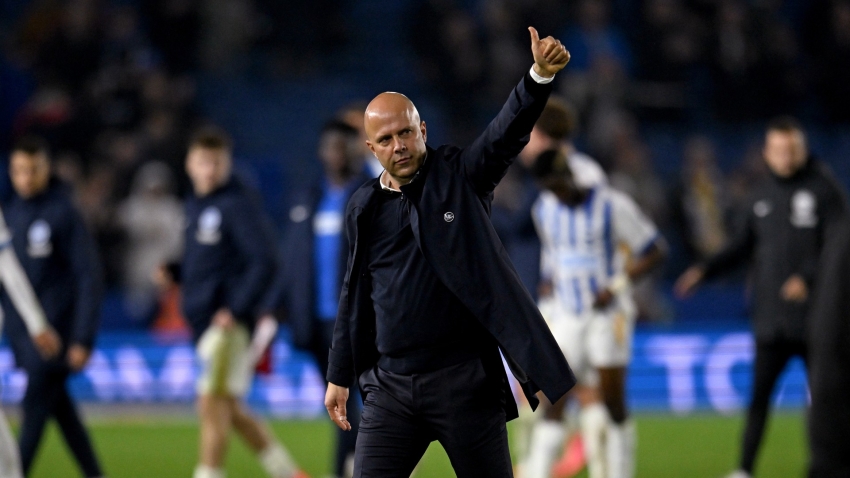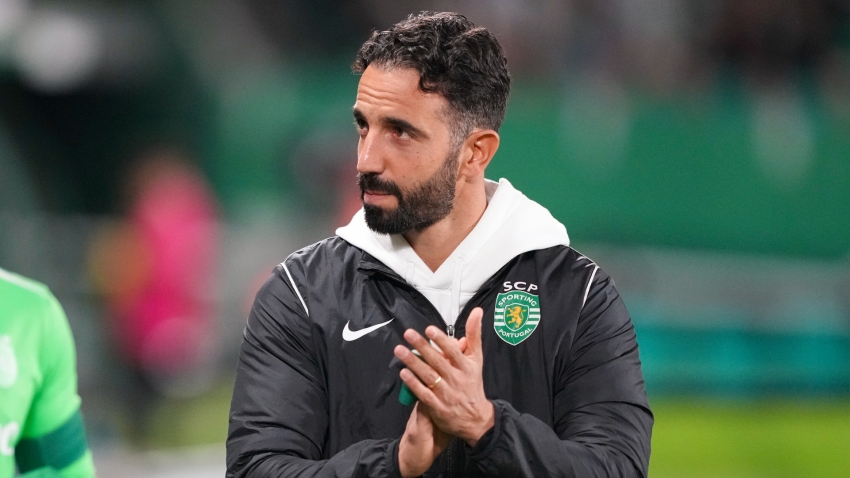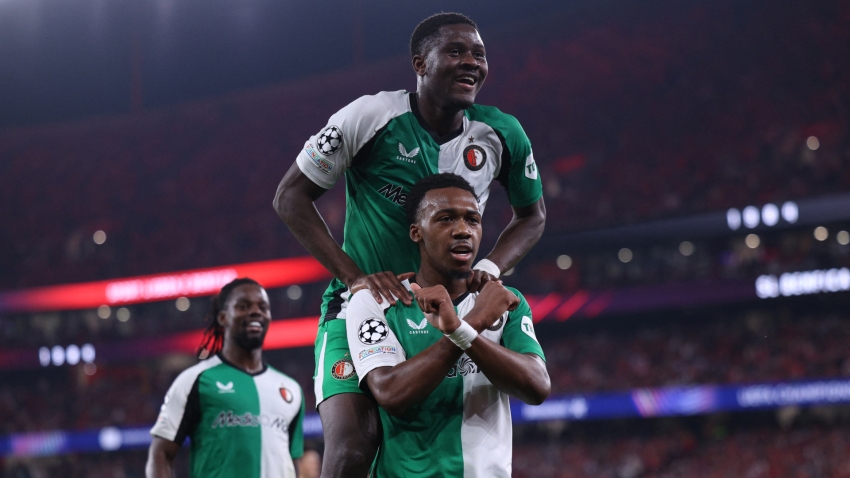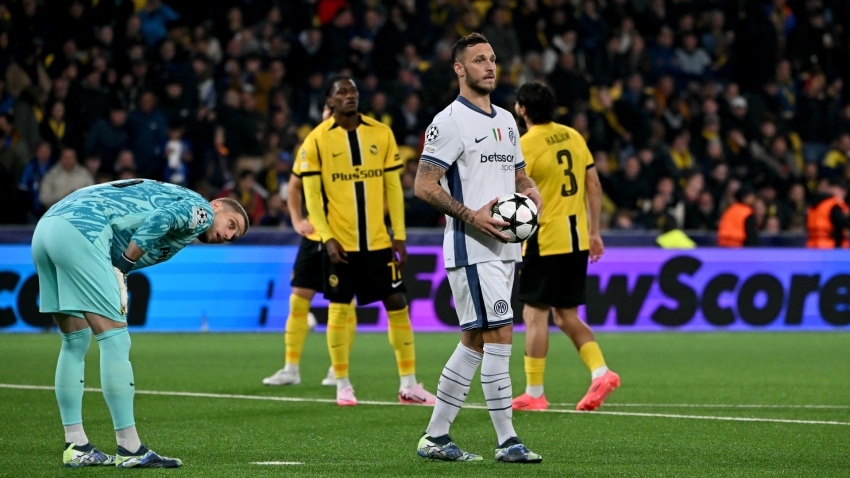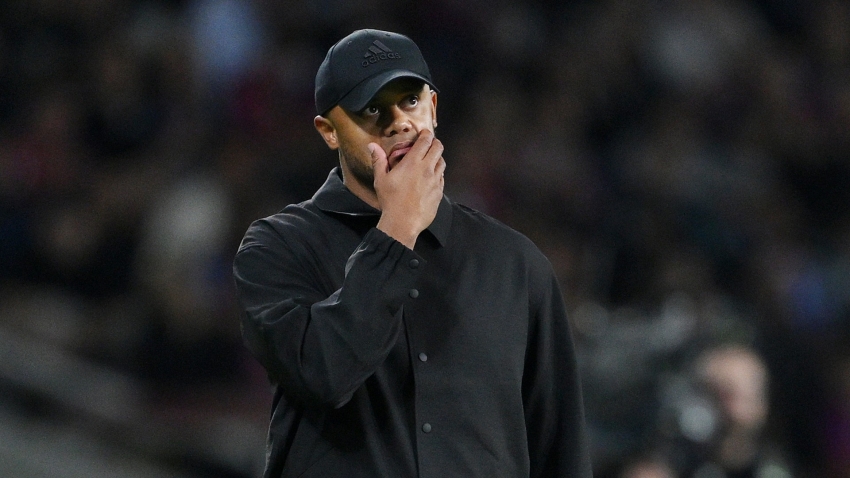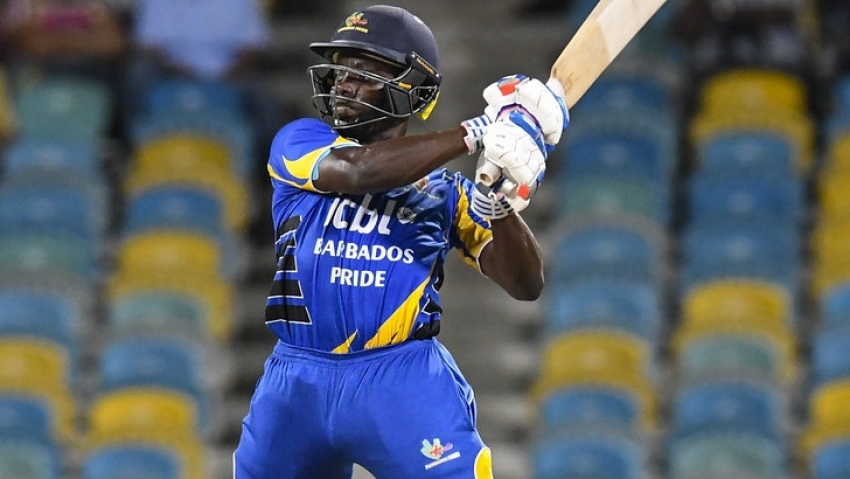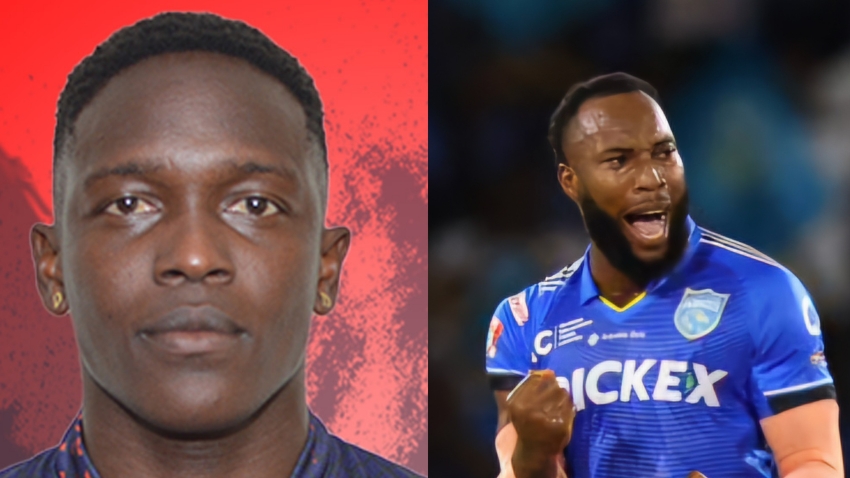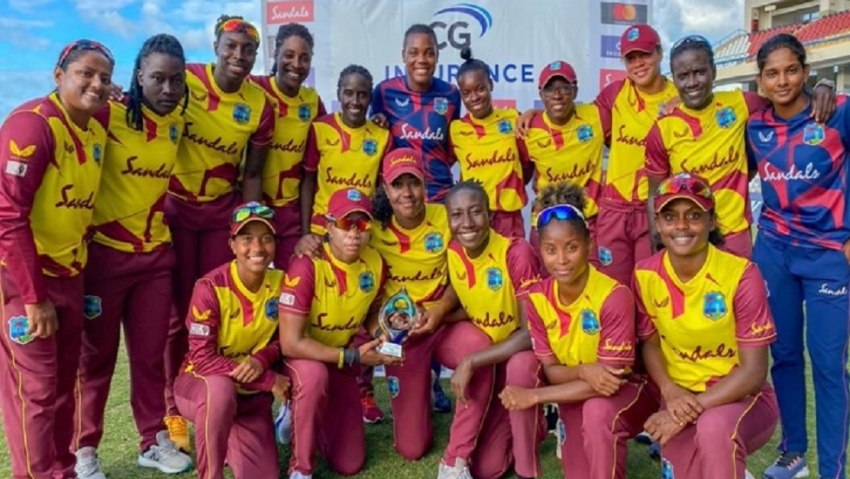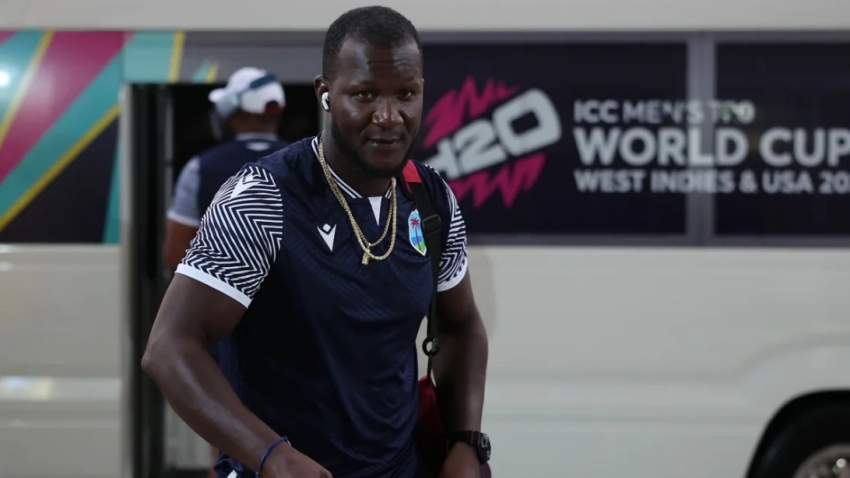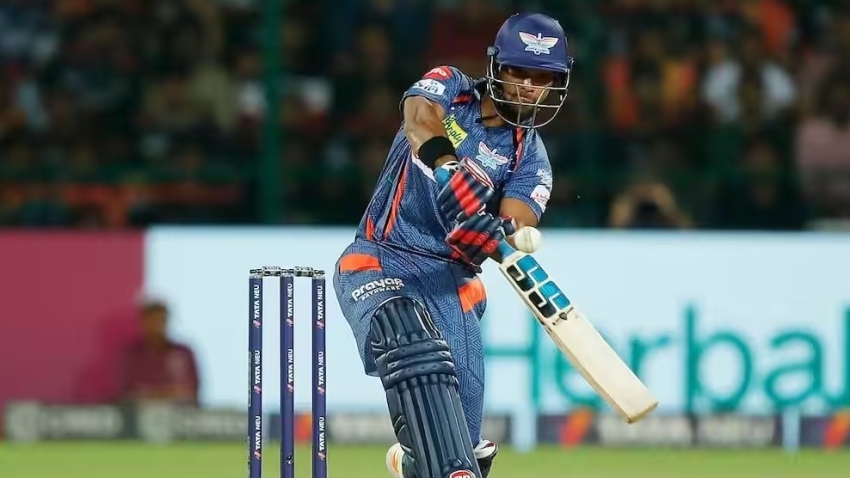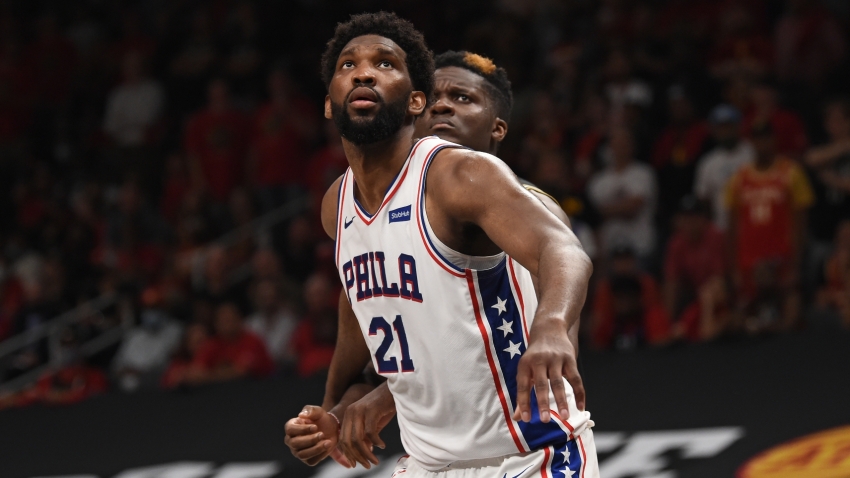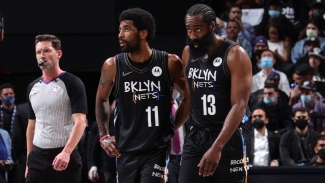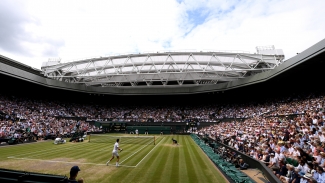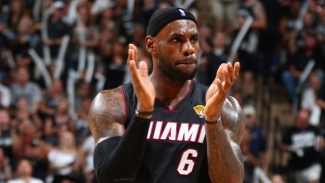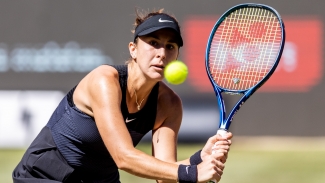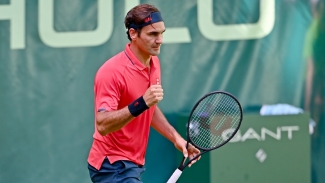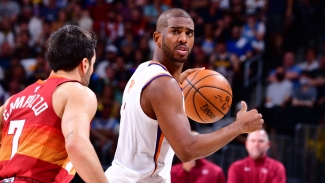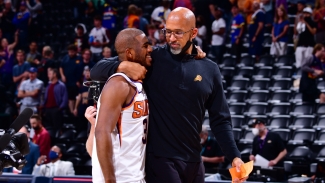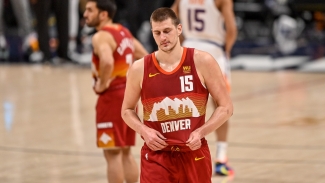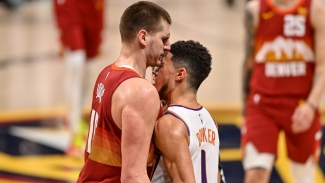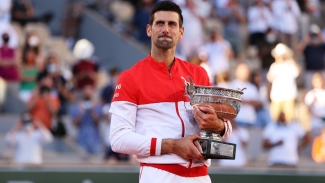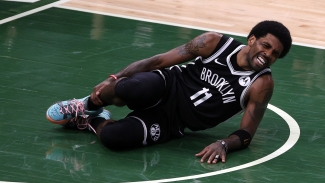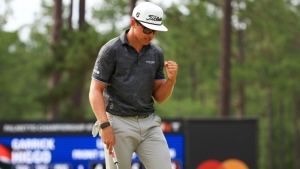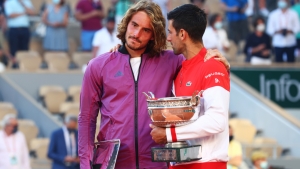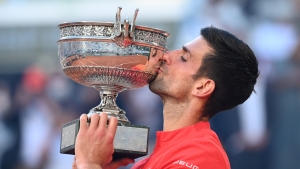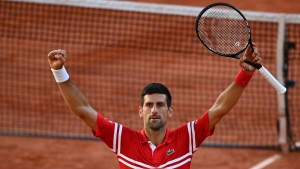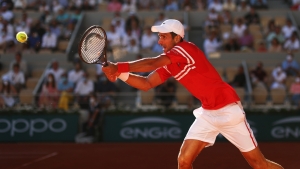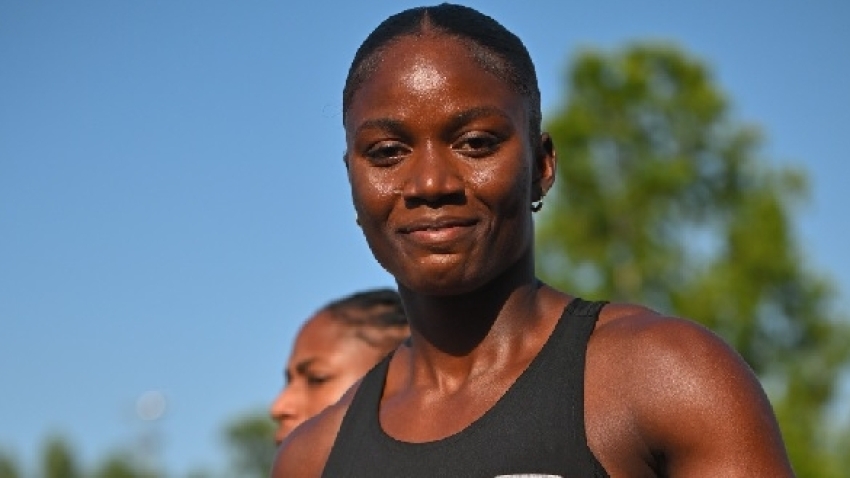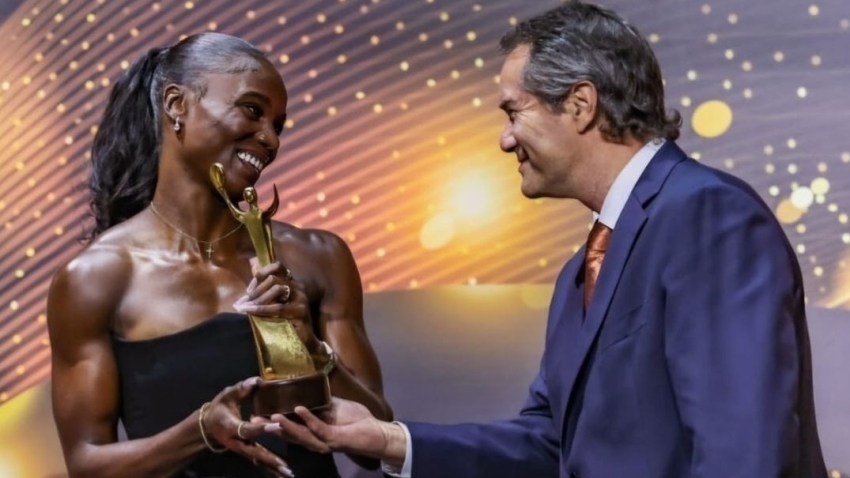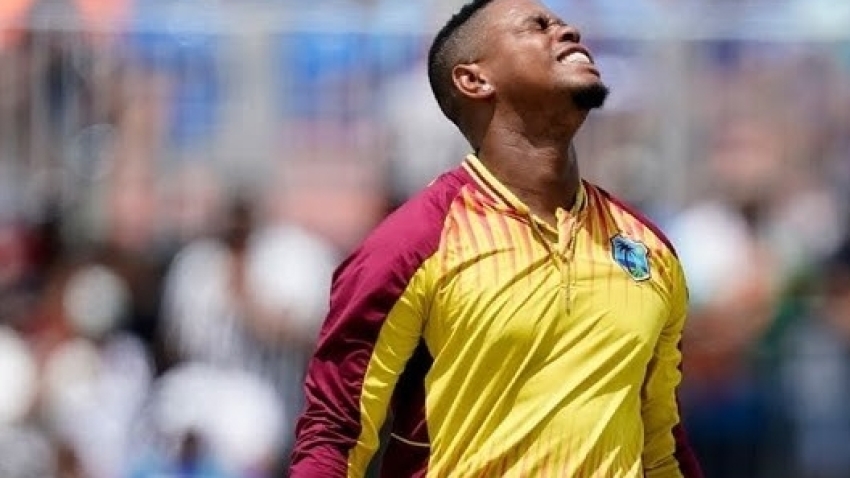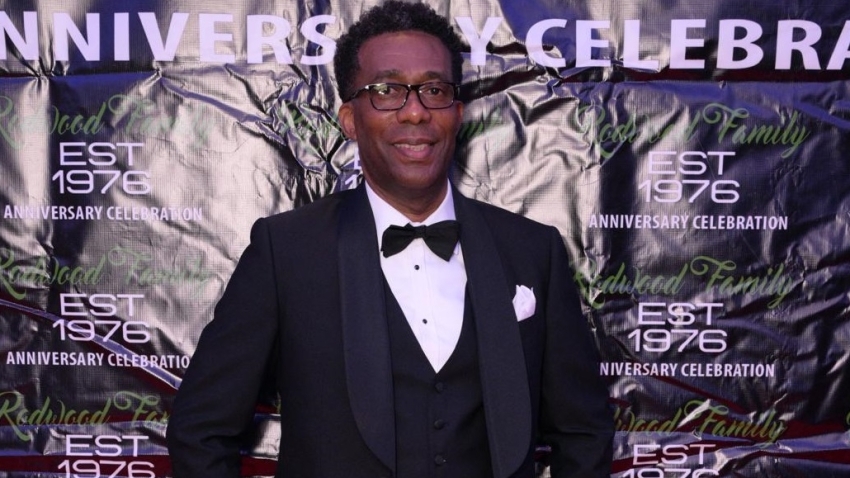From chump to champ, bonehead to figurehead. What a difference a year makes.
On this weekend in 2020, Novak Djokovic was partying like it was, well, 2019, after the first leg of the Adria Tour, limbo-dancing in a Belgrade cabaret club, mask-free, carefree, some might say cluelessly.
Within days, he had tested positive for COVID-19, as had Djokovic's wife Jelena, along with Grigor Dimitrov, Borna Coric and Goran Ivanisevic. The tournament that Djokovic had organised was in disarray and plans to take it to five Balkan cities were abandoned when the second event in Zadar was called off before its final.
Nick Kyrgios, incredulous at home in Australia, called it a "boneheaded" decision to play the events, and Djokovic made a grovelling apology, saying he was "so deeply sorry" for the harm that had been caused.
The main tennis tours had ground to a necessary halt, but Djokovic could not resist moving, cavorting.
He might feel like hitting up a Parisian nightclub after Sunday's breathtaking comeback against Stefanos Tsitsipas in the French Open final, the first time he has come from two sets down to win a grand slam final, but even if they were open, Djokovic has probably learnt his lesson. He taught Tsitsipas a thing or two in this Roland Garros epic, too, primarily this: however much a grand slam title match feels in your control, these major finals are not like any you have played before.
So now Djokovic has 19 major titles, one behind all-time leaders Roger Federer and Rafael Nadal heading into Wimbledon in two weeks' time. He is the first man in the Open Era to win two or more titles at each of the four grand slams.
When Tsitsipas followed a thrilling opening set here by breezing through the second against the world number one, establishing a two-set cushion, his maiden slam final was going as well as he could possibly have hoped. His serve was potent, his biggest shots were landing in, and he had the measure of Djokovic's delivery: the Serbian won just 35 per cent of points on his second serve over those opening two sets.
Nine winners to just two unforced errors from Tsitsipas in that second set showed who was in charge. Djokovic had taken an early fall in the match: was that a factor?
Yet in the fourth game of the third set, Djokovic landed a punch so loaded that it caused Tsitsipas to wobble for the next hour, saving three game points on the Greek's serve before snatching the break at his own fourth opportunity.
The 11-minute game evoked memories of how Djokovic took down Nadal in their magnificent semi-final, Tsitsipas flinging a despairing backhand just wide to slide 3-1 behind, his resistance broken, his momentum gone.
Djokovic has suffered in the past following marathon grand slam semi-finals, including in Paris last October when he battled past Tsitsipas in five and then won just seven games against Nadal.
Friday's four hours and 11 minutes of hard battle against Nadal was as draining as such matches come, so from where had Djokovic found this renewed energy? Tsitsipas, seeing the title slip away, needed a big sip from whatever well from which the Serbian was drinking.
An astonishing angled drop shot from Djokovic in the third game of the decider showed his scrambling, sprinting energy was only heightening in its intensity, and he backed up that effort with a break moments later.
Tsitsipas had largely rediscovered his game, but the prospect of a pair of first-time singles champions at Roland Garros, for the first time since the Gaston Gaudio-Anastasia Myskina double in 2004, was ebbing away. It was soon all over.
After the Adria Tour howler and his US Open disqualification clanger, Djokovic began his 2021 season on a positive note with a ninth Australian Open title. Now he has a second French Open, and we can seriously start to think about a calendar year sweep of the grand slams. He has won seven of his majors since turning 30, the most by anyone in the Open Era, and it feels safe to say there are more to come.
Twelve months ago, it was a case of 'how low can you go?' as Djokovic dipped under that limbo pole.
Suddenly we can start to ask: are there no limits to the heights this remarkable man might scale?


